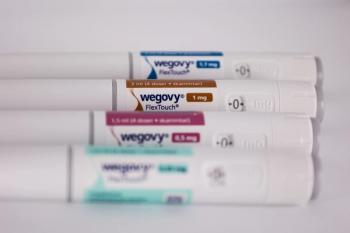
Binghamton University, Mayo Clinic and Others Snare NIH Funding for IBD Research
Binghampton University in New York state will join Mayo Clinic and at least 15 other investigators in developing an implant aimed to treat inflammatory diseases. The project, called Engage Assess SecretE (EASE): A Platform for Treating Chronic Inflammation, is meant to act as a “living pharmacy” triggering cells to produce antibodies that could target inflammatory conditions.
The EASE project, led by
Mayo Clinic is the primary research site for the EASE project with collaborators from several other sites, including Binghampton University, the University of Minnesota, Case Western Reserve University, the University of Texas, the University of California Davis,and biotechnology companies EnLiSense and Sersense Inc.
“I am very excited that this project has high societal impact and patient relevance. It represents a prime example of convergence science, where clinicians, biologists and engineers come together to produce a sophisticated solution to improve patient care,” Revzin said in a
Binghampton associate professor
“Our research group aims to electrochemically generate oxygen to ensure the cells survive during implantation," said Koh. "I'm responsible for developing the 'cafeteria' in the 'factory,' ensuring that they 'eat' properly,” she continued.
Currently, the EASE platform is being developed for the treatment of inflammatory bowel disease, including Crohn’s disease and ulcerative colitis. The researchers hope to eventually use the device to treat autoimmune disorders, such as rheumatoid arthritis and psoriasis.
“This method is intended to treat bowel disease, but the whole platform is structured so that if the antibodies produced by the cells are altered, this might be used as a transformative treatment for other targeted diseases,” Koh commented.
Newsletter
Get the latest industry news, event updates, and more from Managed healthcare Executive.























